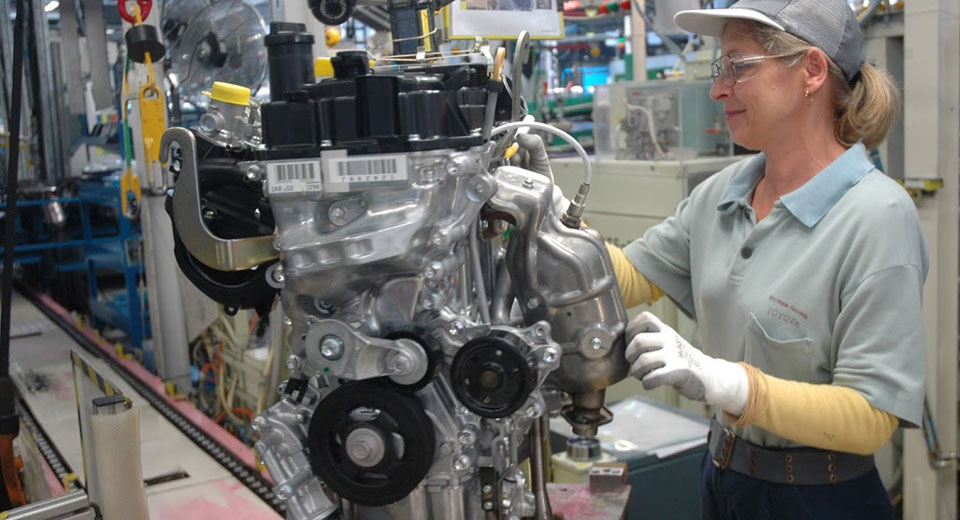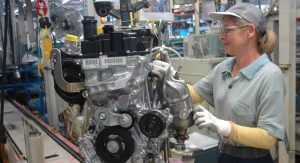Numerous automakers are set to start ‘upsizing’ their engines after discovering that ever smaller powertrains won’t be able to pass strict new real-world emissions testing.
A comprehensive report from Reuters says automakers such as Volkswagen, General Motors and Renault will reverse recent downsizing trends for both petrol and diesel engines which has seen some small cars adopt engines below one liter in capacity.
Up until now, carmakers have been shrinking their engines and using forced induction to provide adequate power for everyday driving. However, it is reported that small petrol engines “spew fine particles and carbon monoxide” and that the heat generated by compact turbo diesels results in NOx readings over 15 times the legal limit.
One engine pinpointed in the report is Renault’s tiny petrol 0.9-liter which under real world driving conditions, injects excess fuel in an effort to prevent overheating leading to high emissions “of unburned hydrocarbons, fine particles and carbon monoxide”.
It is thought that Volkswagen will scrap its 1.4-liter three-cylinder diesel in favour of a four-cylinder displacing 1.6-liters. Additionally, Renault’s 1.6-liter diesel could increase in size by almost 10 per cent and GM’s smallest next-gen engine arriving in 2019 will be 25-30 per cent bigger than the current 1.2-liter diesel.
While speaking at the Paris Auto Show, head of powertrain at the Renault-Nissan Alliance, Alain Raposo admitted “The techniques we’ve used to reduce engine capacities will no longer allow us to meet emissions standards. We’re reaching the limits of downsizing.”
Analysts say that moving forward, strict new on-road emissions tests will kill petrol engines below 1.2-liters and diesels less than 1.5-liters.
Note: Toyota three-cylinder engine pictured




